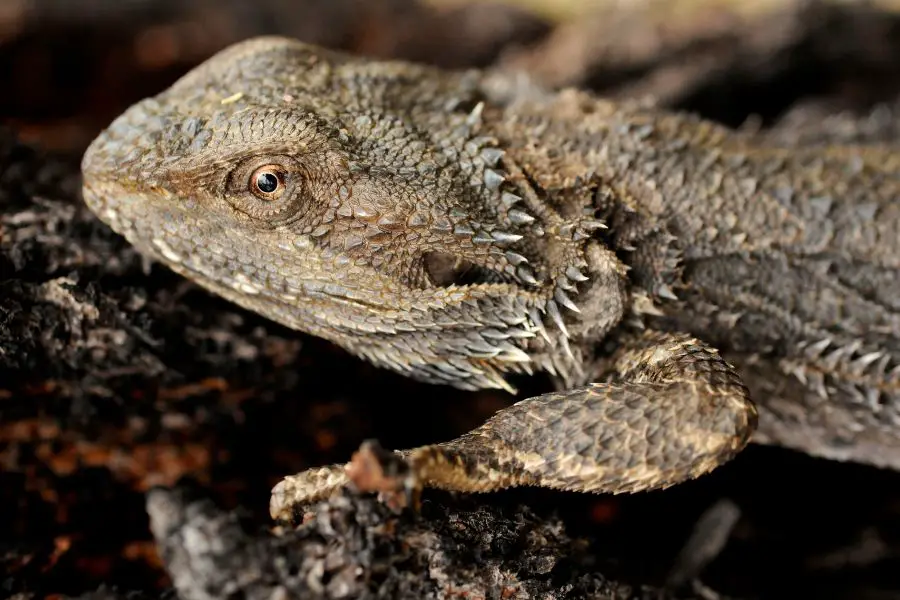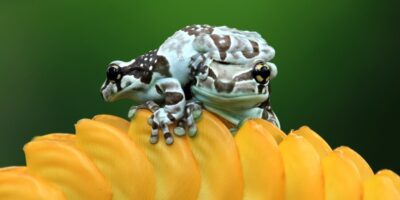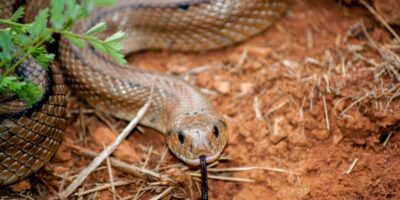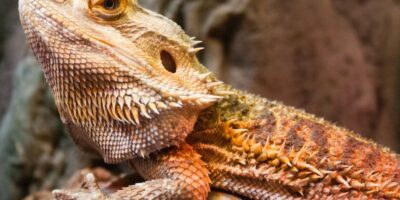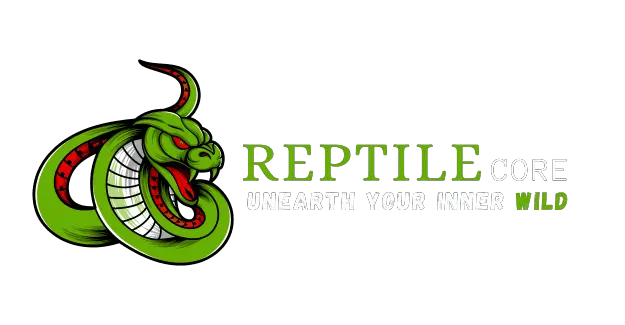Bearded dragons, popular reptilian companions, captivate pet owners with their unique personalities and captivating behaviours. Ensuring the health and vitality of these fascinating creatures relies heavily on providing a well-balanced diet.
As responsible caretakers, understanding the dietary needs of bearded dragons becomes paramount, and exploring the potential benefits and considerations of adding clover to their diet emerges as a key aspect of promoting their overall well-being.
Natural Diet
Understanding bearded dragon diets involves delving into their natural habits in the wild, emphasising the importance of mirroring a diverse diet in captivity. Essential nutrients are crucial for their well-being.
Clover In The Diet of Bearded Dragons
Clover, ubiquitous in various environments, presents an intriguing dietary option for bearded dragons. Distinguished types like red clover (Trifolium pratense) and white clover (Trifolium repens) offer diverse nutritional profiles. Exploring the nutritional composition reveals clover as a source of fibre, essential vitamins, and minerals, potentially enriching the diet of bearded dragons.
Its fibre content supports digestive health, while vitamins contribute to overall vitality. The presence of beneficial minerals adds to its allure as a supplement. However, the oxalate content warrants consideration, impacting calcium absorption. Understanding the intricacies of clover’s nutritional spectrum is pivotal for responsible integration into the bearded dragon diet, ensuring a delicate balance for optimal health and well-being.
Potential Benefits Of Clover Consumption
Clover consumption by bearded dragons holds potential benefits, notably as a rich source of dietary fibre. Fibre plays a very important role in supporting digestive health, aiding in proper bowel movements, and mitigating constipation. The inclusion of clover in their diet contributes to a well-rounded nutritional profile, fostering efficient digestion.
This fibre-rich content promotes a healthy gastrointestinal system, enhancing nutrient absorption. Additionally, dietary fibre can assist in preventing obesity and maintaining an appropriate weight in bearded dragons. As caretakers explore nutritional options, recognising the positive impact of clover’s fibre content on digestion underscores its value as a supplementary component in their reptilian companions’ diet.
Presence Of Essential Vitamins And Minerals
Clover stands out for more than just its fibre; it boasts essential vitamins and minerals crucial for bearded dragon health. Packed with vitamins like A and K and some minerals such as calcium and magnesium, clover contributes to overall vitality. Additionally, its antioxidant properties can provide potential health benefits, combating oxidative stress and supporting immune function in bearded dragons.
By incorporating clover into their diet, owners offer a natural source of these vital nutrients, promoting a robust and resilient health profile for their reptilian companions. Always ensure moderation and balance in dietary choices for optimal reptilian well-being.
Risks And Considerations
While clover presents potential benefits, responsible reptile care requires a thorough examination of associated risks. One significant consideration is the oxalate content in clover, which may interfere with calcium absorption in bearded dragons. High oxalate levels lead to the formation of calcium oxalate crystals, potentially leading to kidney issues or metabolic imbalances.
Careful monitoring of calcium intake becomes crucial when introducing clover into their diet. Moreover, there’s a risk of allergic reactions or digestive issues, as with any new food. Some bearded dragons may exhibit sensitivity, causing adverse reactions.
Thus, gradual introduction and observation are essential to detect and address any negative responses, ensuring the well-being of these fascinating reptiles. Always consult with a veterinarian for personalised guidance on dietary choices and potential risks.
Guidelines For Introducing Clover to the Diet
When introducing clover to a bearded dragon’s diet, a gradual approach is key. Begin with small amounts, carefully observing their response. This method allows for acclimation and helps monitor any adverse reactions or digestive changes.
Gradual introduction ensures a smooth transition, minimising the risk of potential issues. Owners should remain vigilant during this period, adjusting quantities based on their pet’s comfort and health. Always prioritise a balanced diet, incorporating clover as part of a diverse nutritional regimen. Seeking guidance from a veterinarian throughout this process further ensures the well-being of the bearded dragon.
Balancing Clover
Proper preparation of clover for bearded dragons involves thorough washing to eliminate contaminants. Rinse the clover under running water to remove dirt and pesticides, ensuring a clean and safe dietary addition. Additionally, balance is key when incorporating clover into their diet. While it offers nutritional benefits, it should complement other staple foods. Achieving a well-rounded diet ensures that bearded dragons receive a mix of essential nutrients.
Owners should aim for variety, combining clover with appropriate proteins and vegetables to create a nutritionally balanced meal plan for their reptilian companions. Regular monitoring and adjustments contribute to the overall health and happiness of the bearded dragon.
Real-life Experiences
Real-life experiences from bearded dragon owners who have introduced clover into their pets’ diets provide valuable insights. Some anecdotes suggest positive changes, such as enhanced vitality and improved digestion, showcasing the potential benefits of clover consumption.
Owners may notice increased activity levels or a shinier coat, indicating positive responses to the dietary addition. However, it’s essential to consider individual variations, as some bearded dragons might exhibit preferences or sensitivities.
Shared experiences also emphasise the importance of careful observation during the transition, ensuring that any changes in health or behaviour are monitored and addressed promptly. These firsthand accounts contribute to a collective understanding of how clover can be integrated into a bearded dragon’s diet with positive outcomes.
Conclusion
In conclusion, incorporating clover into a bearded dragon’s diet presents both potential benefits and risks. While it offers valuable nutrients, the oxalate content poses concerns for calcium absorption. Emphasising the significance of a balanced and varied diet is crucial to ensuring optimal nutrition and well-being. Owners should be mindful of the individual needs and responses of their bearded dragons.
To navigate this dietary landscape, continuous research is essential. Consultation with veterinarians provides tailored guidance, addressing specific concerns and promoting the health of these captivating reptiles. Ultimately, responsible care involves a nuanced approach, combining the potential advantages of clover with a holistic understanding of a bearded dragon’s overall dietary requirements.
